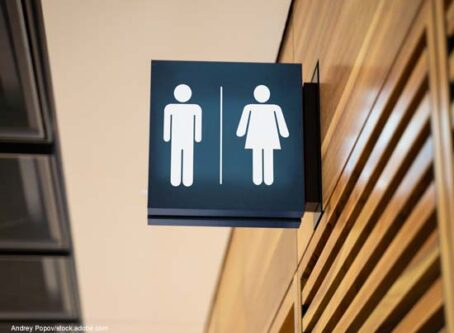New Jersey latest in line of states tackling ticket quotas
New Jersey is the latest state to take action to address concern about police officers feeling pressure to issue citations as part of a ticket quotas system.
New Jersey
New Jersey Gov. Phil Murphy on Thursday, Oct. 7, signed into law a bill that is intended to curb ticket quotas.
State law prohibits ticketing numbers from being the “sole” factor when evaluating officer performance.
Previously S1322/A4058, the new law is touted to close the loophole. Specifically, law enforcement agencies are prohibited from using the volume of an officer’s arrests or citations as a factor when evaluating that officer’s overall performance.
“Not only is it unfair to factor the volume of citations and arrests into an officer’s performance evaluation when we did away with quotas decades ago, but there are much more effective performance measurements, like decision-making abilities, response times and work ethic,” Assemblyman Hal Wirths, R-Sussex, said in prepared remarks. “This law allows our dedicated police officers to focus on protecting and serving the public.”
Critics have said there is no one-size-fits-all standard of performance for law enforcement. Instead, they say police chiefs need to have the ability to establish performance measures and expectations specific to their individual agencies.
Another provision in the new law prohibits agencies from posting arrest and citation data in common areas accessible to all officers “to create competition between officers concerning arrests and citations.”
“Our men and women in blue deserve to be promoted based on merit, not outdated and banned quotas,” stated Assemblymen Parker Space, R-Sussex.
The rule change took effect immediately.
Nevada
A similar new law in Nevada now is in place.
As of July 1, police departments are forbidden from any requirement for officers to issue a specific number of citations. AB186 implements the same protection to protect officers from making a certain number of arrests.
Additionally, departments are prohibited from considering citations written or arrests made when evaluating officer performance.
Assemblywoman Rochelle Nguyen, D-Las Vegas, has referred to the quota system as a “perverse policy policing activity.”
She added that quotas are used to fund certain departments and to evaluate personnel.
“Their use damages the integrity of law enforcement in communities throughout Nevada,” Nguyen testified.
Critics said that departments should be able to use citation and arrest data when evaluating officers.
Michigan bill would eliminate loophole
A Michigan bill still active at the statehouse is intended to quell ticket quotas.
Since 2010, state law prohibits a police officer from being required to issue a certain number of citations for traffic offenses.
According to a legislative analysis at the time, even though police departments were generally prohibited from requiring officers to write a specified number of tickets, there were reports about departments that engaged in related practices. Examples included offering prizes to the officer who writes the most tickets in a time period or withholding promotions from officers who issue few tickets.
The 2010 law attempted to address concerns about abuse. However, an exception provided in the law authorizes ticket numbers to be used as part of a police officer’s evaluation system.
The lone requirement for the inclusion of the ticket writing component is that the issuance of citations is not given any greater consideration than any other factor in the evaluation of an officer’s performance.
Sen. Jeff Irwin, D-Ann Arbor, is behind a bill to revise statute to prohibit a police officer’s performance evaluation from including any consideration of citations issued.
The bill, SB599, is in the Senate Judiciary and Public Safety Committee. LL
More state trends
Keith Goble, state legislative editor for Land Line Media, keeps track of many trends among statehouses across the U.S. Here are some recent articles by him.









